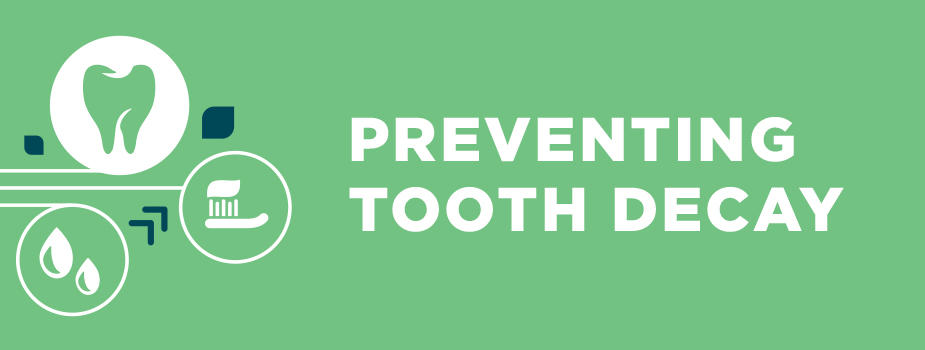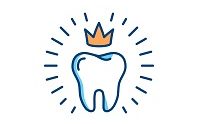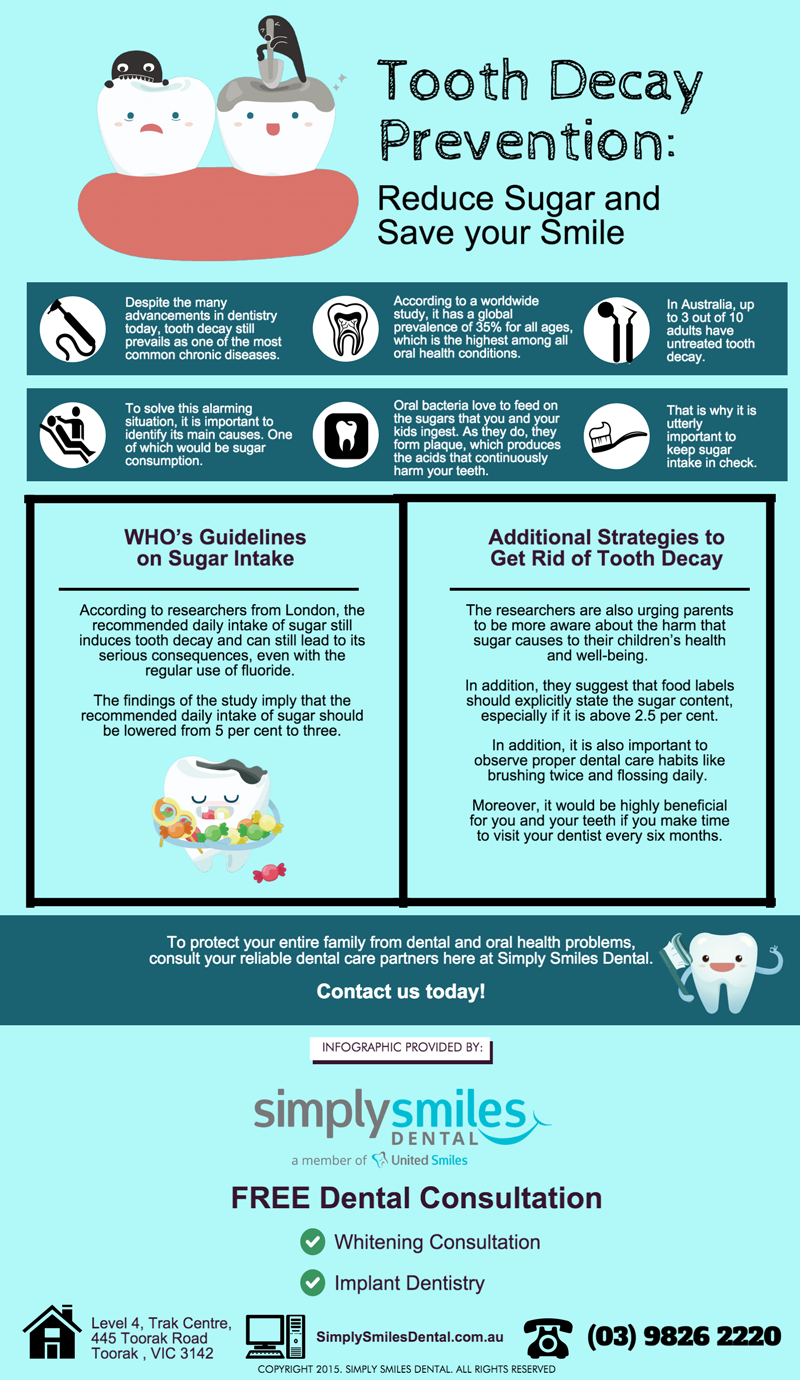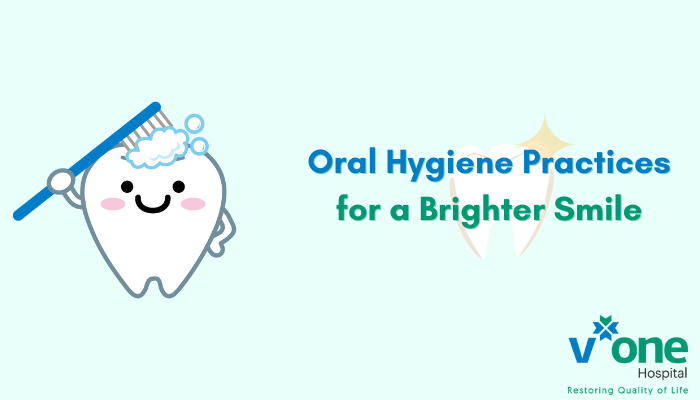Introduction
Tooth decay is a common dental problem that affects people of all ages. It occurs when the bacteria in your mouth produce acids that erode the enamel, leading to cavities and other oral health issues. However, with proper oral hygiene and preventive measures, you can significantly reduce the risk of tooth decay and maintain a healthy smile.
Brush your teeth twice a day
One of the most important strategies for preventing tooth decay is to brush your teeth thoroughly at least twice a day. Use a soft-bristled toothbrush and fluoride toothpaste to remove plaque and bacteria from the surfaces of your teeth.
Floss daily
In addition to brushing, it is crucial to floss your teeth daily. Flossing helps remove food particles and plaque from between your teeth and along the gumline, where a toothbrush cannot reach.
Use fluoride toothpaste
Fluoride is a mineral that helps strengthen tooth enamel and protect against tooth decay. Make sure to use toothpaste that contains fluoride to provide extra protection for your teeth.
Limit sugary and acidic foods
Sugary and acidic foods can contribute to tooth decay. Limit your consumption of sugary snacks, sodas, and acidic fruits to reduce the risk of cavities. If you do indulge in these foods, make sure to brush your teeth afterward.
Drink plenty of water
Water is essential for maintaining good oral health. Drinking water helps wash away food particles and bacteria, preventing them from sticking to your teeth and causing decay. It also helps keep your mouth hydrated and stimulates saliva production, which is crucial for neutralizing acids and protecting your teeth.
Visit your dentist regularly
Regular dental check-ups are vital for preventing tooth decay. Dentists can detect early signs of decay and provide professional cleanings to remove plaque and tartar buildup. They can also offer personalized advice on maintaining good oral hygiene.
Consider dental sealants
Dental sealants are thin coatings applied to the chewing surfaces of the back teeth to protect them from decay. They act as a barrier, preventing food particles and bacteria from getting trapped in the grooves and crevices of the teeth.
Chew sugar-free gum

Chewing sugar-free gum, especially after meals, can help stimulate saliva production and wash away food particles.
Summary
Preventing tooth decay is essential for maintaining good oral health. By following a few simple strategies, you can protect your teeth and gums from the damaging effects of bacteria and acids. These strategies include:
- Brushing your teeth at least twice a day with fluoride toothpaste
- Flossing daily to remove plaque and food particles from between your teeth
- Limiting sugary and acidic foods and drinks
- Using fluoride mouthwash or rinses to strengthen your teeth
- Scheduling regular dental check-ups and cleanings
- Considering dental sealants for added protection
By incorporating these oral health strategies into your dail this hyperlink y routine and seeking professional dental care, you can effectively prevent tooth decay and maintain a healthy, beautiful smile for years to come.
- Q: What is tooth decay?
- A: Tooth decay, also known as dental caries or cavities, is the destruction of the tooth structure caused by acids produced by bacteria in the mouth.
- Q: How can I prevent tooth decay?
- A: You can prevent tooth decay by following these strategies:
- Brush your teeth at least twice a day with fluoride toothpaste.
- Floss daily to remove plaque and food particles from between your teeth.
- Limit sugary and acidic foods and drinks.
- Visit your dentist regularly for check-ups and professional cleanings.
- Consider dental sealants or fluoride treatments for added protection.
- Q: Why is brushing important for preventing tooth decay?
- A: Brushing your teeth helps remove plaque, a sticky film of bacteria that forms on your teeth. Plaque produces acids that can erode tooth enamel and lead to decay.
- Q: How often should I replace my toothbrush?
- A: It is recommended to replace your toothbrush every three to four months, or sooner if the bristles become frayed. A worn-out toothbrush may not clean your teeth effectively.
- Q: Are there any additional oral health products I can use?
- A: Yes, you can use mouthwash to help kill bacteria and freshen your breath. Look for mouthwashes that contain fluoride for added cavity protection. Additionally, using a tongue scraper can help remove bacteria from your tongue.
- Q: Can I prevent tooth decay by just cutting down on sugar?
- A: While reducing sugar intake is important for oral health, it is not the only factor in preventing tooth decay. Maintaining a good oral hygiene routine, including regular brushing, flossing, and dental visits, is crucial for preventing decay.

Welcome to my website! I’m Benjamin Deakin, a dedicated and passionate dentist with years of experience in providing exceptional oral health treatment, cosmetic dentistry, dental implants, and emergency dental care. I am thrilled to have the opportunity to share my knowledge and expertise with you.



